What is Hardware as a Service?
In this piece, we’re demystifying Hardware as a Service (HaaS), a pivotal concept in the “as a service” ecosystem, crucial for modern businesses.
The challenges of maintaining up-to-date IT infrastructure are manifold, including degraded performance, troubleshooting nightmares, and the financial strain of keeping pace with rapid technological advances. These issues not only dent productivity but also inflate operational costs due to the inefficiencies of outdated systems.
The repercussions of clinging to obsolete technology can severely undercut a company’s objectives, affecting long-term growth and scalability. For mid-sized enterprises lacking the IT capabilities or budget to refresh their hardware biennially, HaaS emerges as a viable solution.
Drawing parallels with the familiar Software as a Service (SaaS) model, HaaS offers a comprehensive package: hardware access coupled with essential services like software, maintenance, installation, and upgrades, all under a subscription model. Here, the emphasis is on the service’s value rather than the physical assets themselves.
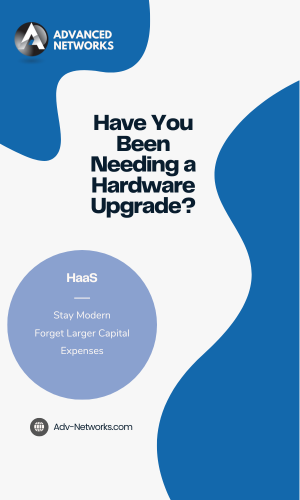

What is HaaS?
Simplification of Hardware Upgrades Through HaaS
HaaS simplifies the process of keeping your hardware up-to-date. By subscribing to a HaaS plan, you’re entitled to regular hardware refreshes as part of your agreement, ensuring compatibility with the latest software and maintaining peak performance without the need to commit to long-term investments.
HaaS is particularly beneficial for organizations looking to:
- Maintain hardware at optimal performance levels.
- Transition from capex to a predictable opex model.
- Scale operations flexibly without the burden of hardware acquisition.
- Minimize security vulnerabilities associated with outdated equipment.
- Eliminate the inefficiencies and downtime associated with aging hardware.
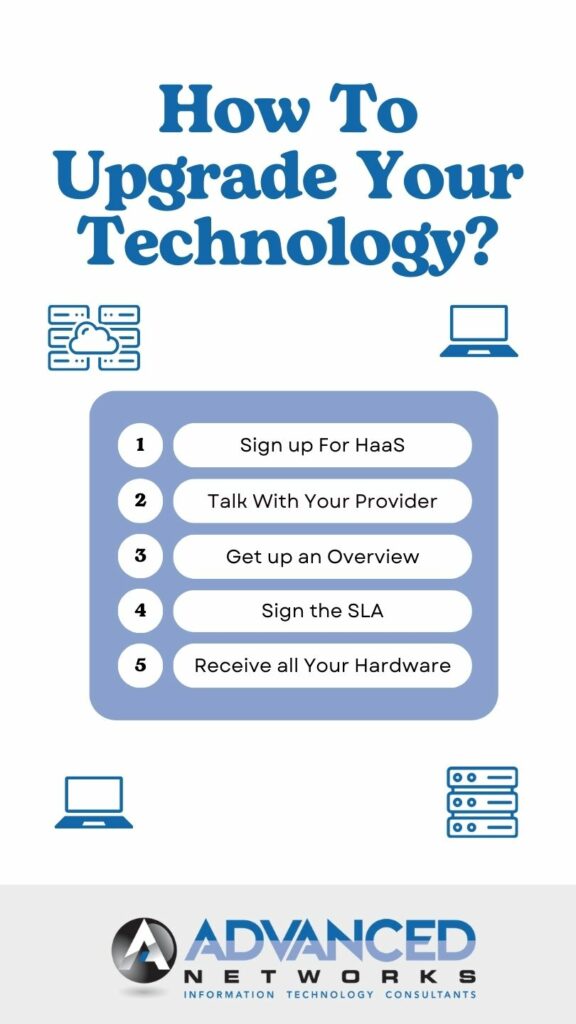
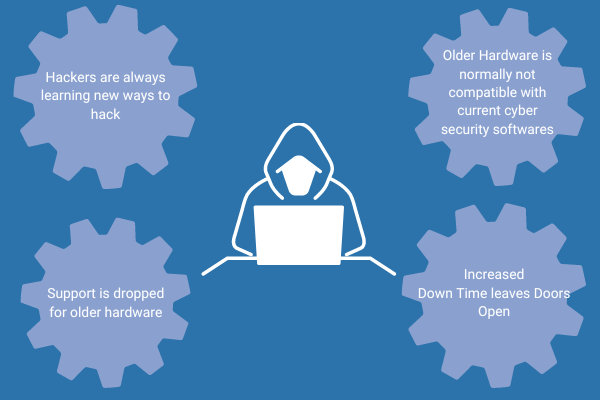
Enhancing Security and Compliance
Implementing a HaaS strategy involves several straightforward steps, from assessing current hardware needs to selecting suitable devices, installation, and ongoing support, culminating in a seamless transition to new equipment at the end of the service term.
While HaaS providers offer a range of options, certain limitations exist. It’s important to understand the types of devices available, software integration capabilities, contract terms, scalability options, and end-of-term choices to ensure the service aligns with your organizational needs.

Assessing the Suitability of HaaS for Your Organization
For larger enterprises, HaaS represents an opportunity to divert focus from the intricacies of IT management to core business functions, enhancing efficiency and resource allocation. This model promises a tailored fit to an organization’s unique needs, backed by expert management of the IT backbone.
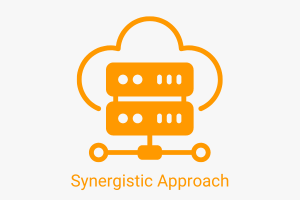
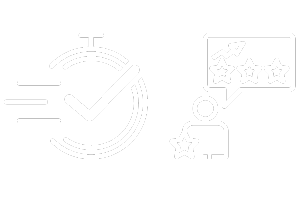
- Efficiency: HaaS mitigates the financial burden of continual hardware refreshes, ensuring system compatibility and optimal performance.
- Agility: Subscription-based HaaS relieves businesses from the capital expenditure on IT equipment, favoring operational flexibility and financial maneuverability.
- Responsive Support: The customer-centric model of HaaS guarantees reliability and 24/7 support for the IT infrastructure.
- Enhanced Security: With HaaS, businesses gain a fortified IT ecosystem, resilient against security threats, ensuring uninterrupted operations.
While HaaS offers numerous benefits, potential obstacles include reliance on stable internet connections and concerns over data privacy and security, given the outsourced nature of IT consulting and management. Additionally, the subscription costs may be prohibitive for smaller enterprises or startups.

Real-world Applications of HaaS
It’s crucial to distinguish HaaS from similar models like Infrastructure as a Service (IaaS) or Platform as a Service (PaaS), each serving distinct needs from physical hardware access to development platforms.
Challenges to Consider
- Internet Dependency: Businesses may face operational delays due to internet outages or service provider bandwidth issues.
- Security Concerns: Outsourcing IT infrastructure can introduce privacy and security risks, necessitating robust safeguards and trust in the service provider.
Budget Constraints: For smaller businesses, the recurring costs of a HaaS subscription might pose financial challenges.
HaaS in Practice
HaaS represents a transformative model for IT infrastructure management, offering businesses a way to access the latest technology without the financial and operational burdens of ownership. By embracing HaaS, companies can enhance their agility, operational efficiency, and competitiveness in a rapidly evolving digital landscape.
Conclusion: The Evolving Landscape of HaaS
HaaS stands as a dynamic response to the evolving demands of the business environment, where efficiency and up-to-date technology are paramount. It offers a sustainable path for businesses to harness the latest IT advancements without the capital intensity, paving the way for growth and innovation.
Advanced Networks provides a comprehensive suite of HaaS solutions, from networking equipment to end-user devices, enabling clients to benefit from a proactive approach to hardware management. This service is part of a broader range of managed IT solutions offered by Advanced Networks, aimed at facilitating your technological evolution.
